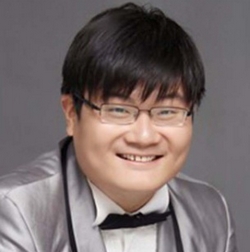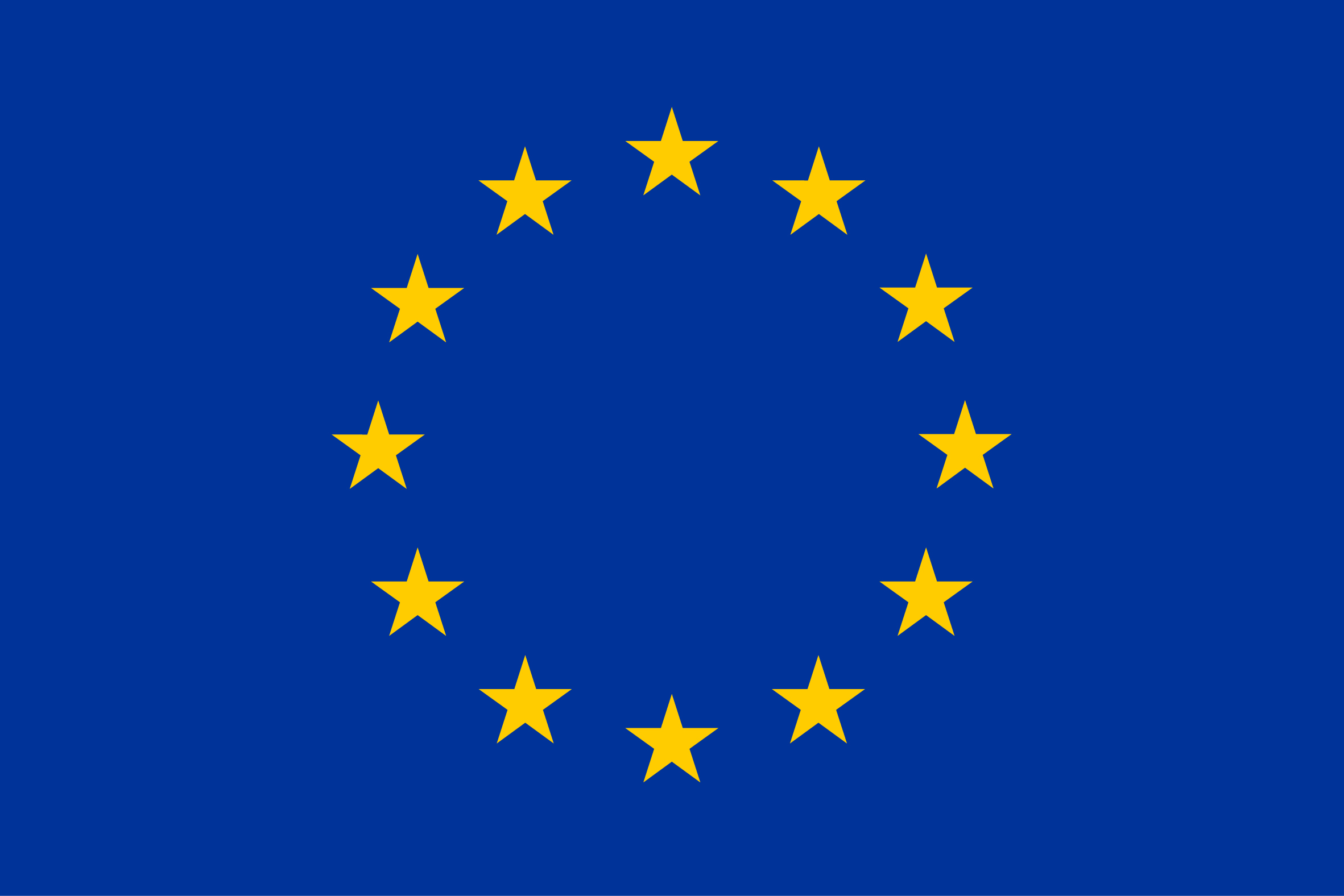In the same section
-
Share this page
MSCA research project "PARADA"
Parallel Donor and Acceptor Semiconductor Crystals for Organic Field Effect Transistors

Faculty of Sciences
Field effect transistors are essential components of our computers' circuits: they act as switches that either block an electrical current or let it through, which enables logic operations. In order to reduce energy consumption, two types of transistor can be used: those that let positive charges (holes) through, and those that control the flow of negative charges (electrons). Current transistors rely on semiconductors, whose electrical conductivity is between that of conductors (metals) and insulators (plastics).
The goal of the PARADA project is to invent a new way to make transistors from molecular semiconductors, which can also transport either holes or electrons. Built using organic compounds, these ‘molecular transistors’ are much cheaper to produce. A key step in the manufacturing process is the controlled crystallisation of the molecular semi-conductors: working in Yves Geerts’ team (polymer chemistry laboratory, ULB Faculty of Sciences), Dr. Guangfeng Liu will call upon his unique expertise on crystal growth, which he developed at Shandong University in China and Nanyang university in Singapore.
End of the projet: 31/05/2020
 This project has received funding from the European Union’s Horizon 2020 research and innovation programme under the Marie Skłodowska-Curie grant agreement No 791207
This project has received funding from the European Union’s Horizon 2020 research and innovation programme under the Marie Skłodowska-Curie grant agreement No 791207